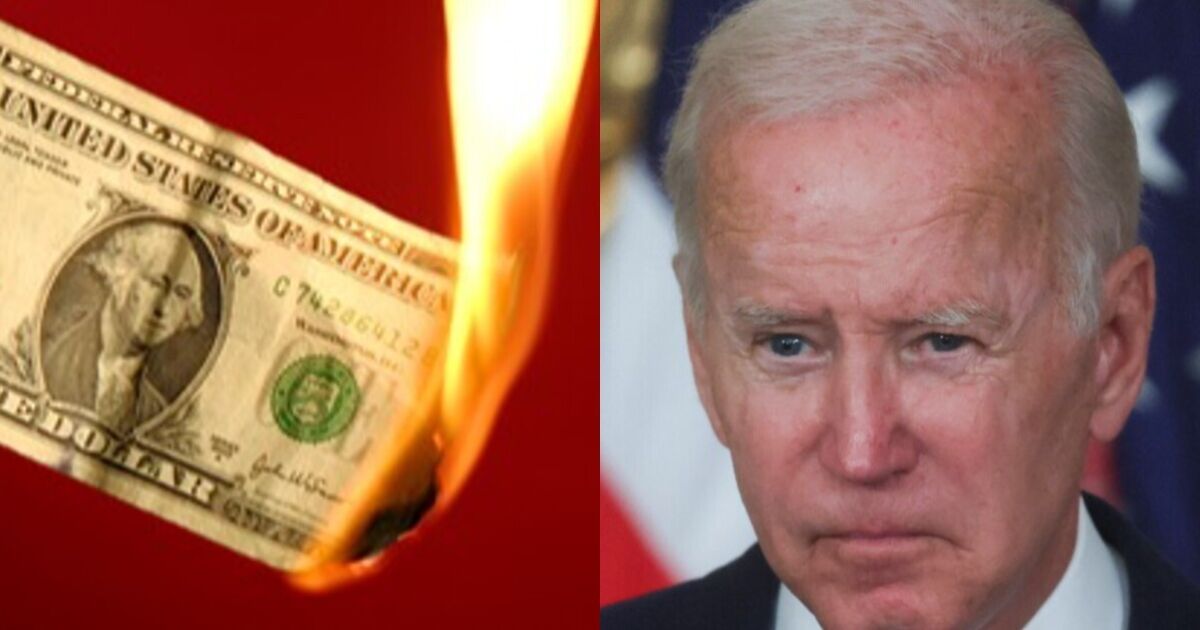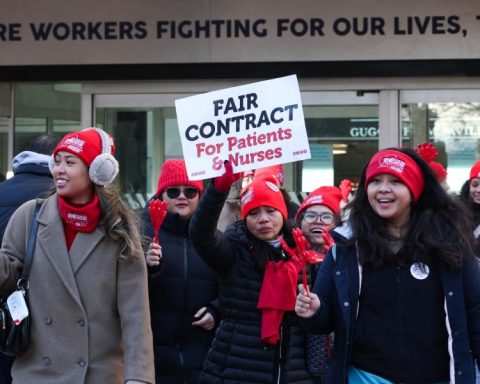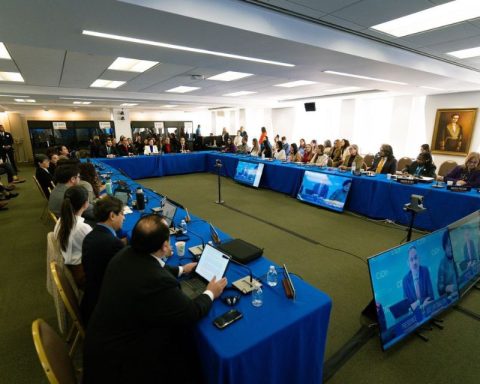The latest recession probability models by Bloomberg economists Anna Wong and Eliza Winger forecast a higher probability of a recession in all time frames, with a 12-month recession estimate for October 2023 reaching 100%, versus 65% for the comparable period in the previous update.
The forecast will be unwelcome news for Biden, who has repeatedly said the US will avoid a recession and that any recession would be “very mild,” as he seeks to reassure Americans that the economy is on solid footing under his administration.
But tighter financial conditions, persistent inflation and expectations of an aggressive Federal Reserve rate hike increase the risk of a contraction. The model is more certain of a recession than other forecasts.
Another Bloomberg survey of 42 economists predicts that the probability of a recession in the next 12 months is now 60%, up from 50% the previous month.
Recession Probabilities Rise to 60%, Survey Finds Forecasts contrast sharply with Biden’s upbeat tone.
The president has focused on strong job growth as he campaigns to help Democrats maintain their majorities in the House and Senate in elections in three weeks.
But inflation, which has hovered near a four-decade high, has been a drag on Democrats’ prospects in an election where polls indicate the economy is voters’ top issue. The Bloomberg Economics model uses 13 macroeconomic and financial indicators to predict the possibility of a recession over horizons of one month to two years.
While the probability of a recession in 12 months has reached 100% with the model, the chances of the recession coming sooner also increase. The model forecasts the probability of a recession within 11 months at 73%, up from 30%, and the 10-month probability increased to 25% from 0%.
The deterioration in the outlook was driven by a general worsening in economic and financial indicators used as inputs to the model, Bloomberg Economics found.















